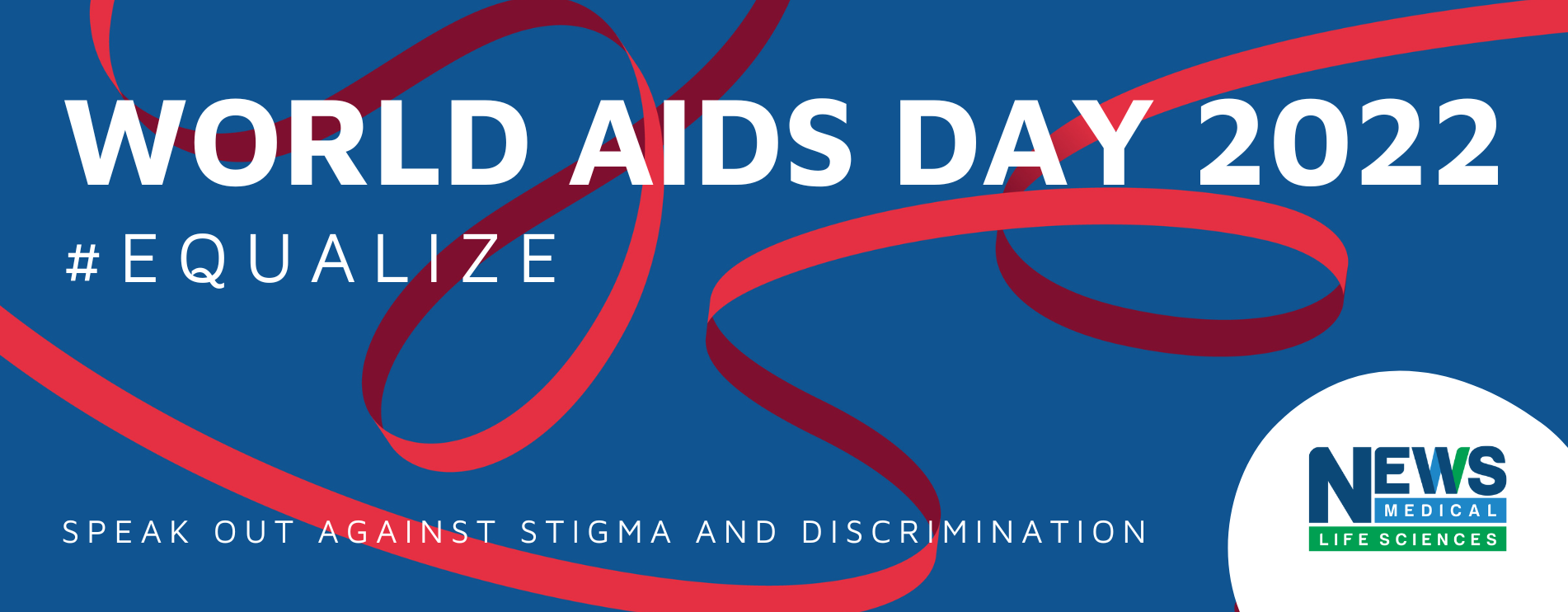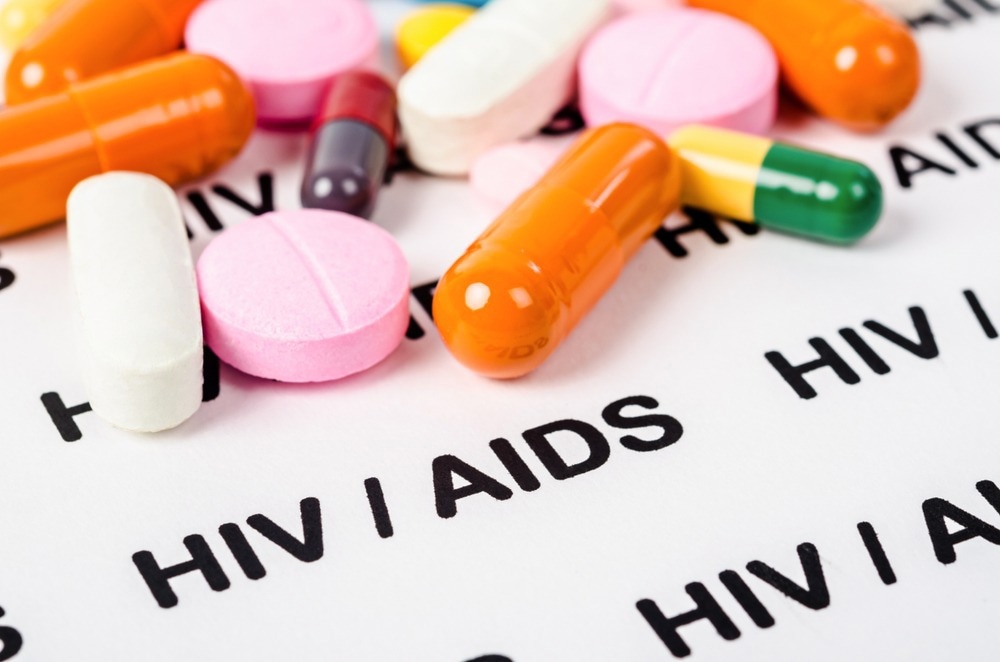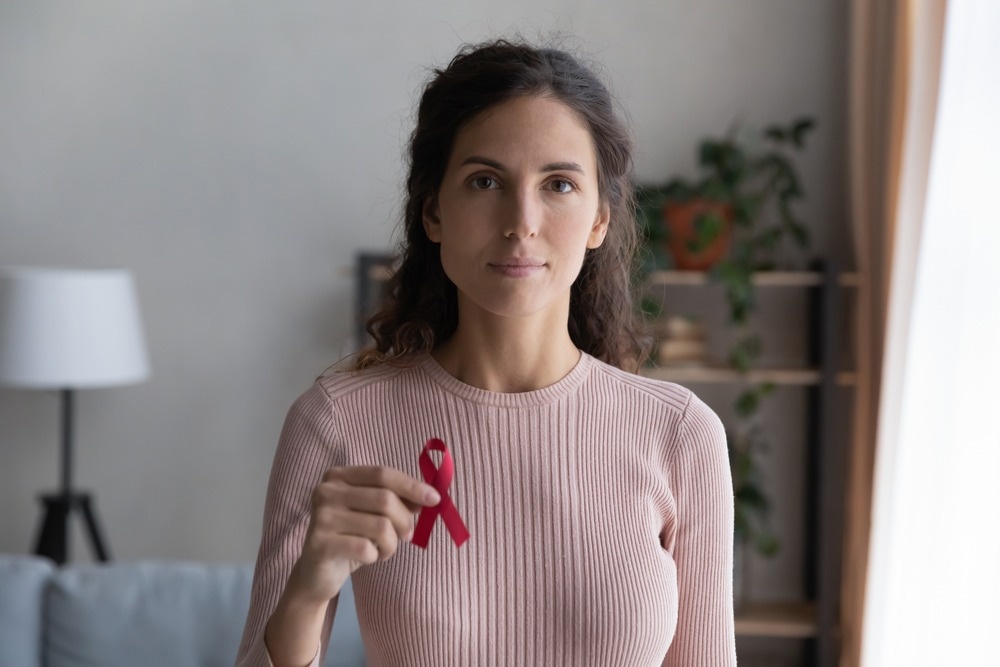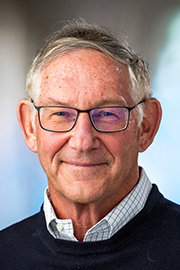I'm Dr. Larry Corey. I am a Professor at the University of Washington and Fred Hutchinson Cancer Center. I am a virologist by training. I have worked in the field of HIV since the inception of the recognition of the virus. Initially, I was the leader of the US government's AIDS Clinical Trials Group, which was devoted to antiviral chemotherapy. I was lucky early in my career to be involved in developing the first effective antiviral drug called Acyclovir, which was for herpes virus infections, especially genital herpes.

I switched my interests in the late 1990s from therapy to try and develop an HIV vaccine and founded the HIV Vaccine Trials Network with my friend and colleague Tony Fauci. We've worked together to develop an HIV vaccine and set up a network within the US of investigators to tackle the immunology of HIV, which has been very formidable. The network has been where probably 80 or 90% of the HIV vaccine clinical trials have been conducted worldwide over the last 20 years.
How have you seen the field of HIV/AIDS research change in this time? How have patient outcomes changed?
HIV is still a pandemic illness. We still have 1.4 million new infections each year. We have a growing number of people living with AIDS, and it is still a perfect storm. You acquire it subclinically, transmit it subclinically, and get it from people you don't suspect have it. We still need better prevention methods.
Antiretrovirals have saved more lives than any other medical procedure or medical group of therapies in the last 50 or 60 years. We went from a disease that killed everybody to now a disease that, if you take the pills, you can live a normal lifespan essentially. That's an amazing feat that occurred in the decade from the virus's isolation.

Image Credit: PENpics Studio/Shutterstock.com
HIV research has markedly changed and become markedly more sophisticated. We're cloning B-cells in the germ lines. We're doing things you couldn't conceive 40 years ago. Certainly, a vaccine will be needed to end AIDS and have my granddaughters grow up like I grew up, not worrying about AIDS.
Patient outcomes for treatment have markedly changed. You can live normal lives. But we haven't made as many inroads in prevention. The reason is that we don't have a vaccine. When you look at how to prevent disease acquisition on a population basis, it's only been with a vaccine. So, as hard as it is, the vaccine effort must continue.
In your lab, you study genetically modified T cells to treat HIV-1. How have recent advancements in cancer treatment influenced the treating HIV/AIDS? How can immunological approaches treat chronic viral infections?
In oncology, using the cell as an anti-tumor drug in CAR T-cell therapy is the biggest advance. The lab is trying to take those approaches used in cancer and employ them against HIV through these adopted transfer experiments. We think we've had some successes, so that's our area of interest at the moment.
You are also the principal investigator of the Fred Hutch-based operations center of the COVID-19 Prevention Network. How has the COVID-19 pandemic impacted HIV/AIDS research?
People working in HIV and the infrastructure from HIV helped the effort against COVID-19. RNA, used in the COVID-19 mRNA vaccines, can allow experiments to be conducted more quickly because it's synthetic, and you can make a vaccine and get it into humans by doing an early clinical trial. From the idea to putting a jab in your arm, that's still not happening as quickly with HIV as it did for COVID-19. Still, it is quicker, and we're optimistic that this RNA technology will help us develop an HIV vaccine quicker.
The HVTN's goal is to develop a safe, effective vaccine to prevent HIV globally. How close are we to actualizing this goal? From a global perspective, what would it mean to have an effective vaccine?
We make these vaccines that elicit broadly neutralizing antibodies. If we do, we'll get there because we've already proven that broadly neutralizing antibodies can prevent HIV acquisition. Now the issue is how do we get to that target now that we know what the target is? You need to be optimistic. Miracles start in the lab.
The theme of this year's World AIDS Day is "Equalize." What does this theme mean to you personally? What needs to be done to address inequalities and help end AIDS?
Everybody wants to be healthy. I think equalize is a great word for World AIDS Day. I think HIV has always been a disease of the underdog.

Image Credit: fizkes/Shutterstock.com
But words have meaning and should be actionable. I think the word equalize is just another call to how we actualize the tools and maximize the use of the tools we have. COVID-19 has taught us that even if research invents a remarkably good vaccine, the process of implementing this on a population basis is complicated and needs to be equalized between the haves and the have-nots. The sociology and economics of health need to be equalized globally.
What is next for yourself and your research?
I’ve got my hands full trying to make an HIV vaccine.
Where can readers find more information?
About Dr. Larry Corey
Dr. Larry Corey is an internationally renowned expert in virology, immunology and vaccine development, and the former president and director of the Fred Hutchinson Cancer Research Center.  His research focuses on herpes viruses, HIV, the novel coronavirus and other viral infections, including those associated with cancer. He is principal investigator of the HIV Vaccine Trials Network (HVTN), which conducts studies of HIV vaccines at over 80 clinical trials sites in 16 countries on five continents. Under his leadership, the HVTN has become the model for global, collaborative research. Dr. Corey is also the principal investigator of the Fred Hutch-based operations center of the COVID-19 Prevention Network (CoVPN) and co-leads the Network’s COVID-19 vaccine testing pipeline. The CoVPN is carrying out the large Operation Warp Speed portfolio of COVID-19 vaccines and monoclonal antibodies intended to protect people from COVID-19.
His research focuses on herpes viruses, HIV, the novel coronavirus and other viral infections, including those associated with cancer. He is principal investigator of the HIV Vaccine Trials Network (HVTN), which conducts studies of HIV vaccines at over 80 clinical trials sites in 16 countries on five continents. Under his leadership, the HVTN has become the model for global, collaborative research. Dr. Corey is also the principal investigator of the Fred Hutch-based operations center of the COVID-19 Prevention Network (CoVPN) and co-leads the Network’s COVID-19 vaccine testing pipeline. The CoVPN is carrying out the large Operation Warp Speed portfolio of COVID-19 vaccines and monoclonal antibodies intended to protect people from COVID-19.
Dr. Corey is a member of the US National Academy of Medicine and the American Academy of Arts and Sciences, and was the recipient of the Parran Award for his work in HSV-2, the American Society of Microbiology Cubist Award for his work on antivirals, and the University of Michigan Medical School Distinguished Alumnus Award. He is one of the most highly cited biomedical researchers in the last 20 years and is the author, coauthor or editor of over 1000 scientific publications.